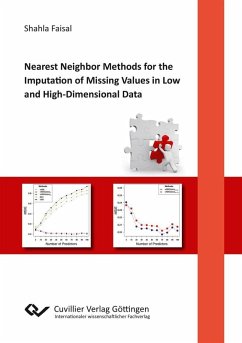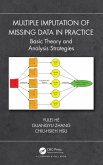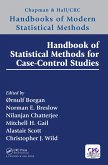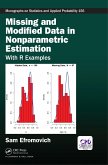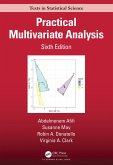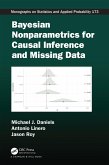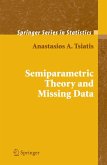Nowadays, due to the advancement and significantly rapid growth in the technology, the collection of high-dimensional data is no longer a tedious task. Regardless of considerable advances in technology over the last few decades, the analysis of high-dimensional data faces new challenges concerning interpretation and integration. One of the major problems in high-dimensional data is the occurrence of missing values. The problem is in particular hard to handle when the distributional forms of the variables are different or the variables are measured on different measurement scales (e.g. binary, multi-categorical, continuous, etc.). Whatever the reason, missing data may occur in all areas of applied research.
The inadequate handling of missing values may lead to biased results and incorrect inference. The standard statistical techniques for analyzing the data require complete cases without any missing observations. The deletion of the cases with missing information to obtain complete data will not only cause the loss of important information but can also affect inferences. In this dissertation, different imputation techniques using nearest neighbors are developed to address the missing data issues in high-dimensional as well as low dimensional data structures.
Dieser Download kann aus rechtlichen Gründen nur mit Rechnungsadresse in A, B, BG, CY, CZ, D, DK, EW, E, FIN, F, GR, HR, H, IRL, I, LT, L, LR, M, NL, PL, P, R, S, SLO, SK ausgeliefert werden.
Hinweis: Dieser Artikel kann nur an eine deutsche Lieferadresse ausgeliefert werden.

